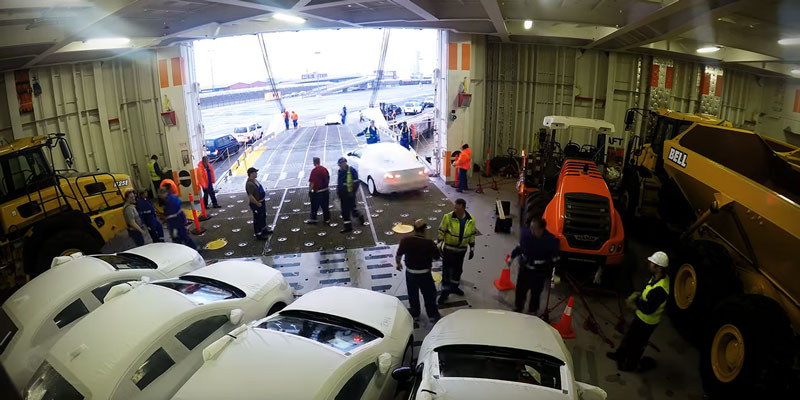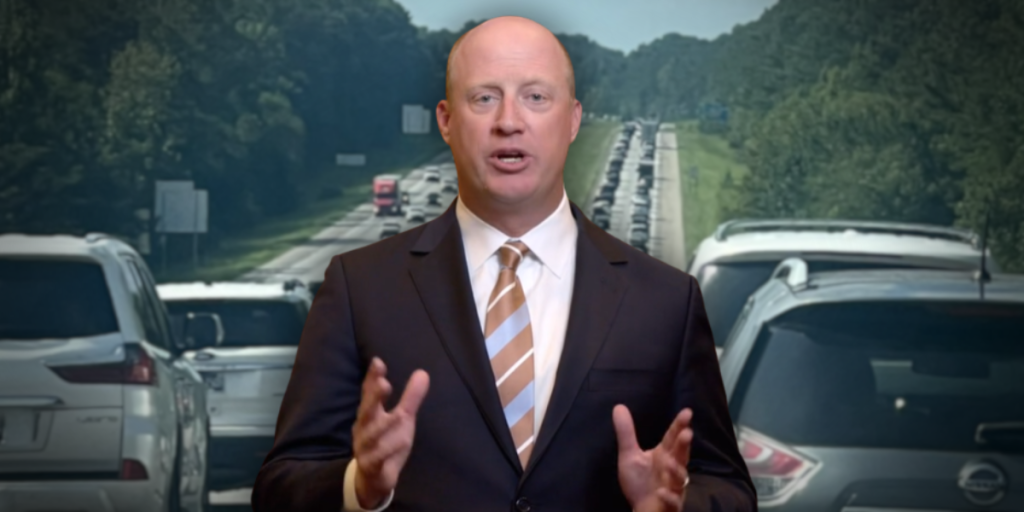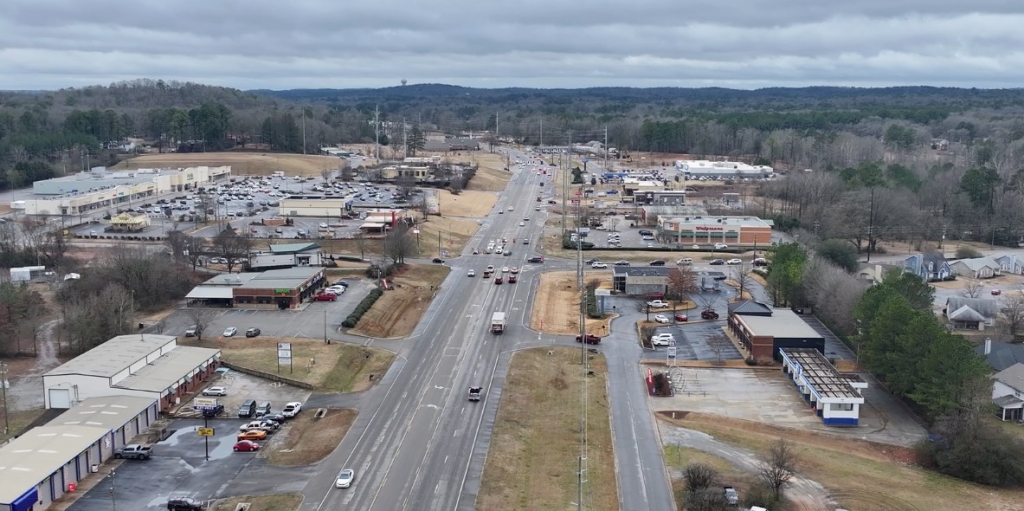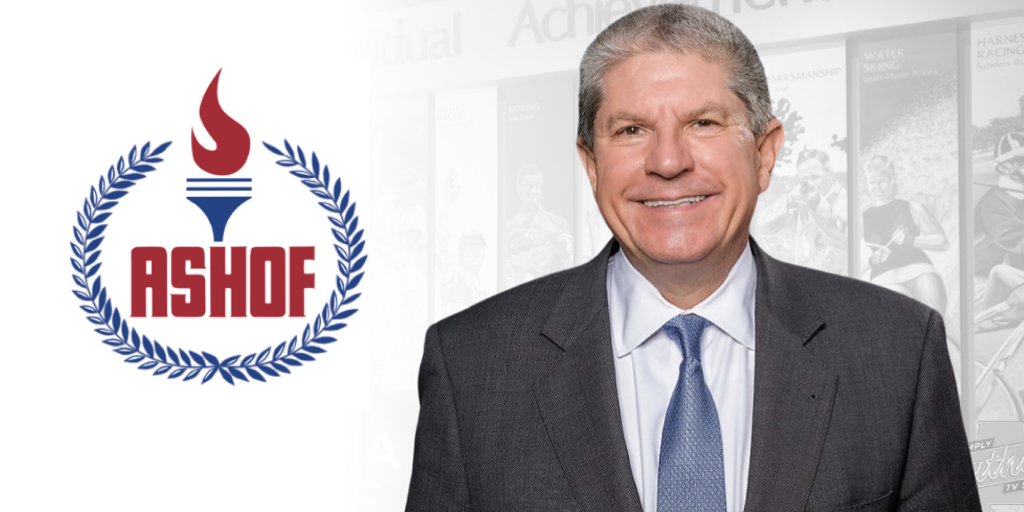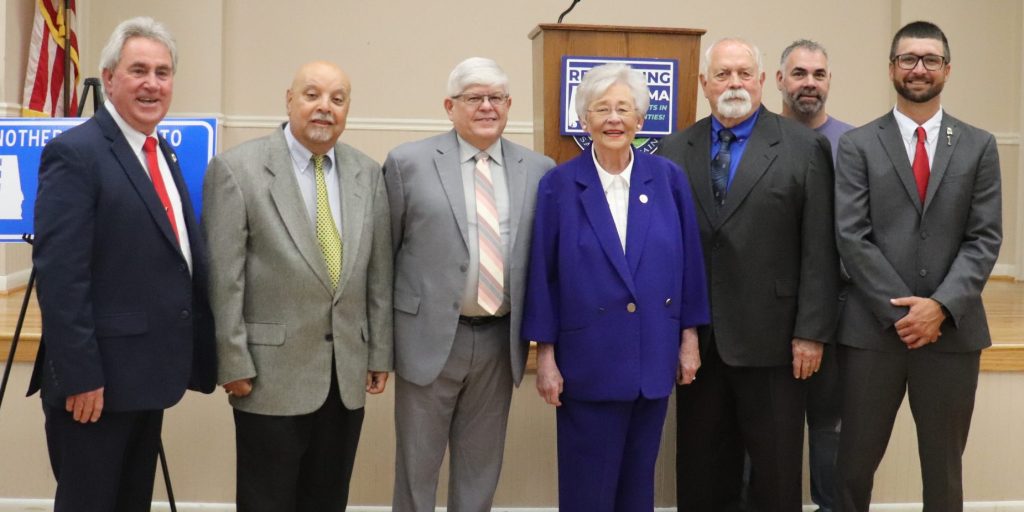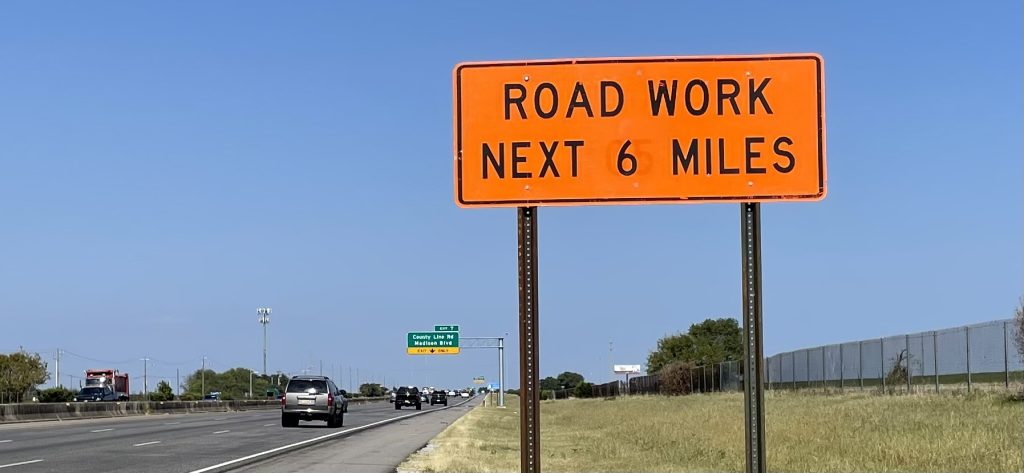Cargo ships are getting larger – and that is a good thing. More goods shipped in one trip means everyone saves money – from shippers all the way to the consumer.
The Alabama State Port Authority in Mobile handles more than 58 million tons in total volume annually, ranking it 11th largest in the nation. It is the second largest steel port in the nation and the third largest export coal port in the nation. The port’s public and some private terminals are responsible for 153,278 jobs throughout the state, and has a $25.1 billion economic impact.
The larger the ship, however, the deeper and wider the water channel needs to be for the ship to travel to public and private shipping terminals. Mobile’s federal port channel is not deep enough to handle the new, larger ships that will be coming.
“Ships are now being built 1,200 to 1,300 feet long, requiring 50 feet of water in the channel,” said Brian Harold, managing director of ATM Terminals Mobile, a subsidiary of A.P. Moller-Maersk Group, the largest container shipping company in the world. “The Panama Canal can now handle those larger ships, and more than 60 percent of the cargo in Mobile comes from the Far East. We compete with all U.S. ports for this cargo.”
Most of the world’s goods are now shipped in containers transported on ships, trains and trucks. The port has invested about $1 billion in infrastructure in the past 20 years to handle growth. Walmart located its newest direct import distribution center there – one of only six it has in the world – meaning even more business for the port.
And, a lot of jobs.
Other huge recent announcements include a $60 million automobile roll-on, roll-off terminal locating at the port. Automobiles are Alabama’s top export, and the companies involved are among the largest such terminal operators in the Americas. Also, MTC Logistics is building a state-of-the-art, international temperature-controlled distribution center for import and export cargo.
If the port does not deepen its channel, shippers will lose out to other ports, including Savannah, GA; New Orleans, LA; and Charleston, SC, which are already in the process of making changes, said Jimmy Lyons, port director.
“We’ve built and expanded facilities to add capacity for Alabama shippers, to help them get the best possible rates they can,” Lyons said. “This is of paramount importance – it is an issue of competitiveness for our shippers.” Shippers will have to use other ports, at greater truck distances and cost, affecting roads and economic development as a whole.
Modernizing the Mobile channel is a $396 million federal project, with the state’s share sitting at $146 million, Lyons said. The channel, which sits at 45 feet now, needs to be at 50 feet to handle the larger ships.
“The amount is beyond our bonding capability,” Lyons said.
The channel project is included in Gov. Kay Ivey’s recently-released Rebuild Alabama plan that calls for increasing the state’s fuel tax. It will pay for infrastructure needs statewide, with a separate portion of the revenues going to pay a bond to be issued to finance the project.
“The deepening and widening of the Port of Mobile is a once-in-a-lifetime economic development opportunity. This project has the ability to transform Mobile and our state’s economy for the next 100 years,” said U.S. Sen. Richard Shelby (R-AL).
The U.S. Army Corps of Engineers is conducting a study on the project, and has already identified that about two-thirds of the port’s vessel traffic is restricted in some way. That study should be finished later this year, and if everything falls into place, the project will begin at the end of 2020 and take three years to complete.
“The ships will get bigger, and while the port’s cranes and other dock infrastructure can support larger vessels, we already have some ships that can’t come in here and have to go elsewhere,” Harold said. “People have to understand that having a major deep-sea port in your state is something that other states would love to have, and opportunities are missed if you don’t create the infrastructure needed.”
Lori Chandler Pruitt is a journalist whose contribution is made possible by a grant from the Alabama Alliance for Infrastructure




